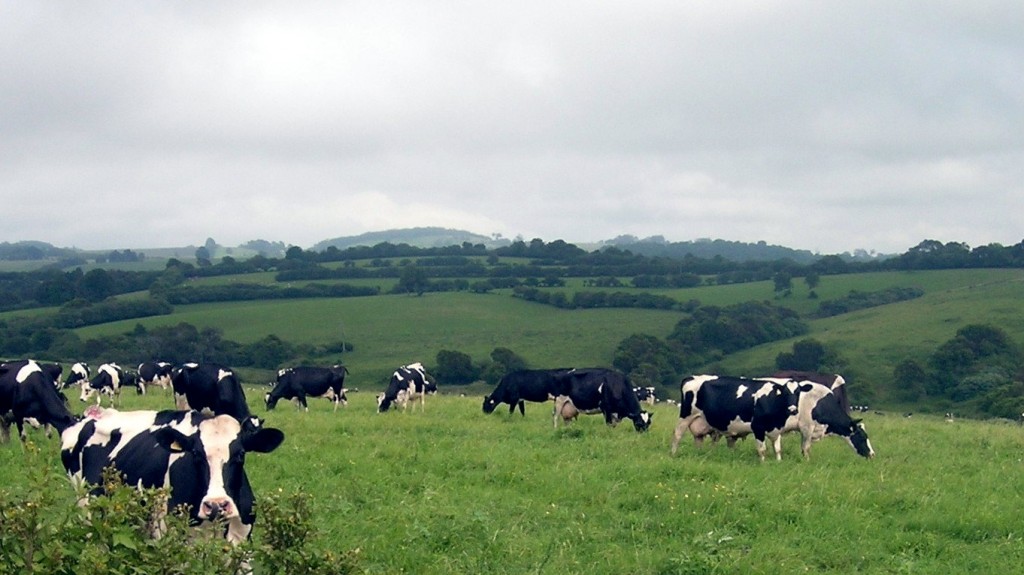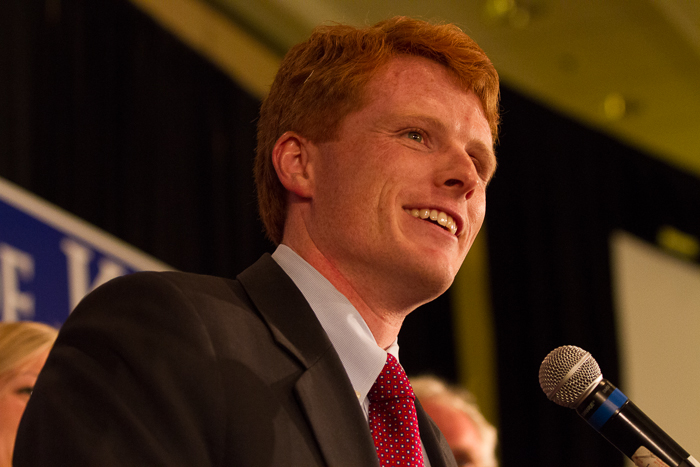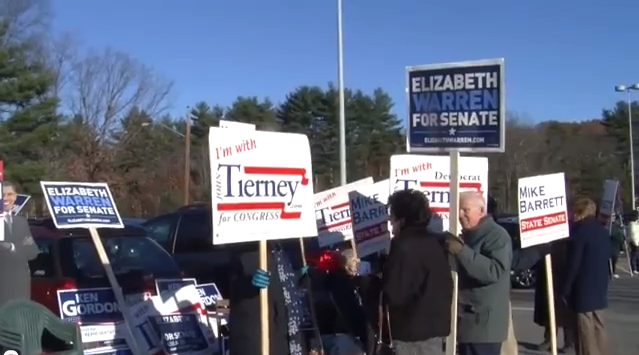Debate Rages Over Minimum Wage Bid

BOSTON – President Barack Obama’s call to raise the federal minimum wage, combined with a proposed Massachusetts bill to raise the state minimum wage has spurred a debate among legislators and business groups over the impact of such increases.
“If you boost the income of people who are poorly paid, it will have a positive effect on the economy, because it will increase consumer purchasing power, which benefits small businesses,” Sen. Jamie Eldridge, D-Acton, said in a phone interview.
Eldridge has signed on to a bill filed by Sen. Marc Pacheco, D-Taunton, that would raise the minimum wage from $8 per hour to $11 per hour over the next three years. The last time Massachusetts raised the state minimum wage was in 2008 when it went from $7.50 per hour to $8 per hour.
Eldridge said a higher minimum wage could allow workers to pay for their basic needs out of pocket, without relying on government programs, such as subsidized housing or food stamps.
“It’s troubling that people are working very hard, but because they’re not earning a living wage, they need to depend on the government even more,” he said.
Sen. Michael Barrett, D-Lexington, vice chair of the Joint Committee on Labor and Workforce Development, who also backs the bill, said one of the most difficult issues is determining where the minimum wage should be set.
“The minimum wage should be a living wage; it should not be a wage that makes you rich,” said Barrett. “It should enable you to get by if you work hard.”
An annual minimum-wage salary in Massachusetts is about $16,000. Seven other states have higher minimum wages than Massachusetts, including Connecticut, with a minimum wage of $8.25 per hour and Vermont, at $8.60 per hour, Washington state has the highest minimum wage at $9.19 per hour.
In the State of the Union address last week, Obama said he wants to raise the federal minimum wage from $7.25 per hour to $9 per hour. This would put Massachusetts’ minimum wage at $9.10 per hour, requires the state minimum to be 10 cents above the federal rate.
Business and retail organizations are opposed to raising the minimum wage, because it would raise the cost of business, making it more difficult for small businesses to employ staff.
“If we raise minimum wage, we will create real problems for workers and small businesses who are trying to serve their customers,” said Jon Hurst, president of the Retailers Association of Massachusetts. “If customers aren’t spending more, we aren’t employing people.”
Hurst said the state’s top priority should be job creation instead of higher wages. In December, Middlesex County’s unemployment rate was 5.1 percent, compared to 7.8 percent at the national level, according to the Bureau of Labor Statistics.
For cities and towns near the state border, such as Lowell, higher wages could put businesses at a disadvantage with companies in New Hampshire, which has a minimum wage of $7.25 per hour.
“The mandates public officials put on the backs of small businesses affect competition out of state,” Hurst said. “It’s putting at a great advantage, our competition.”
However, Robert Forrant, a University of Massachusetts Lowell history professor who specializes in labor studies, said there is little evidence that incremental minimum wage increases will negatively impact the job market.
“Places that employ people at minimum wage still need a workforce, because they are not the kind of jobs that you can eliminate through technology; they are still labor-intensive,” Forrant said.
Michael Carter, a UMass Lowell economics professor, said economists are divided on whether the minimum wage spurs or constricts business, but he feels the minimum wage allows businesses to pick from a better- quality applicant pool.
“If you have higher minimum wage, it raises the bar in terms of what people consider to be fair, just, and reasonable, which is necessary to attract qualified workers,” Carter said.



